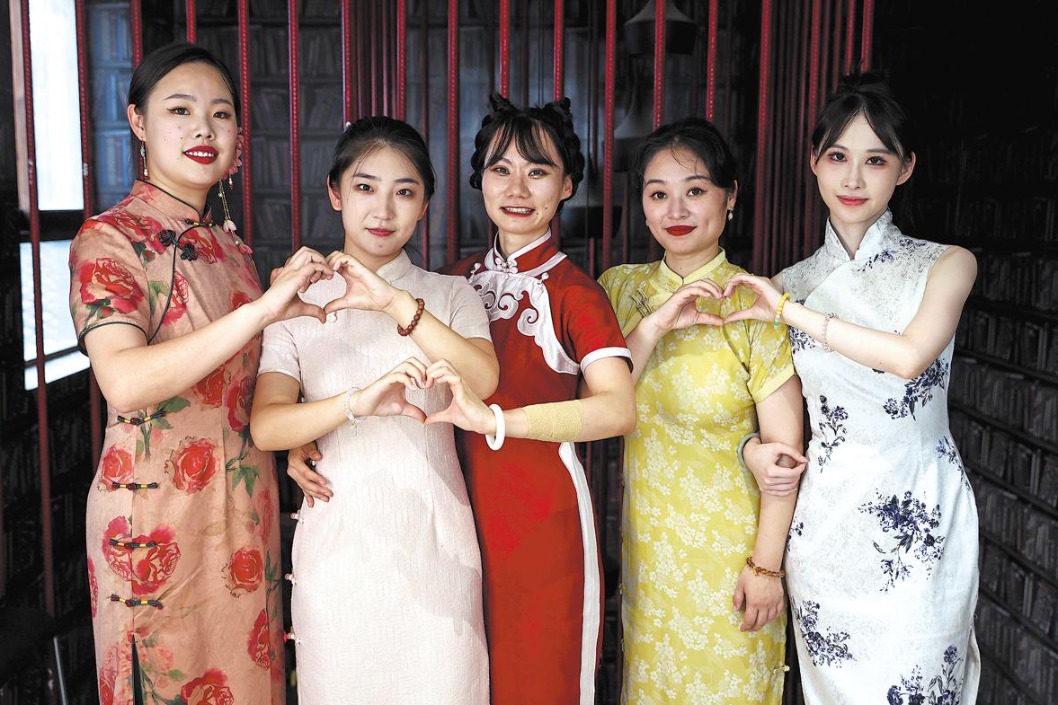From back-breaking labor to homegrown prosperity

There was a time when the word "farmer" was synonymous with hardship. We remember our fathers and grandfathers, bent double under the scorching sun, their sweat soaking into every inch of soil. Their eyes, glancing anxiously at the sky, held a quiet reverence for nature, praying for rain when the earth cracked with thirst, yet fearing storms that might wipe out a season's labor in one cruel stroke. To survive, many had no choice but to leave their villages behind, migrating to unfamiliar cities where they toiled for meager wages, sending what little they could back home. In those days, homesickness was the sound of a child crying over the phone, the sight of aging parents growing frail without their children by their side.
But today, in Yan'an's Ansai district, in the village of Shanwanghe, a different story unfolds. Farmers no longer need to abandon their homes to make ends meet — opportunity now grows right outside their doors. Rows of modern greenhouses stretch across the land, their tomatoes gleaming red, cucumbers vibrant green. Newly dug ponds mirror the sky, their surfaces rippling with fish darting beneath. Most heartwarming of all: children return from school to find their parents waiting; elders sit in courtyards, watching grandchildren play at their feet, faces alight with contentment.
This transformation began with a simple but profound idea — real progress must improve lives, not just economies. The government and businesses brought more than just funding and technology; they brought respect for the land and understanding for those who work it. Investors recognized the Loess Plateau's natural gifts — its dramatic day-night temperature swings and abundant sunshine — and saw potential where others saw only hardship. Greenhouses and fish farms rose from the earth, tended by farmers trained in advanced techniques. Now, produce grown in these fields, carrying the plateau's unique sweetness, travels to dining tables in Shanghai, Xi'an, and Zhengzhou.
The numbers tell one story: collective village income up by 600,000 yuan annually, 32 households earning 20,000 yuan more each year. But behind these figures lies something deeper — dignity. Families once fractured by migration are now whole. Pride returns when a farmer's labor feeds distant cities while keeping their own children close. This is the true face of rural revitalization: not just policy, but people thriving where their roots run deepest.
Isn't this what development should be? Not just growth, but belonging; not just profit, but purpose. Across China's countryside, such stories are quietly blooming.


































